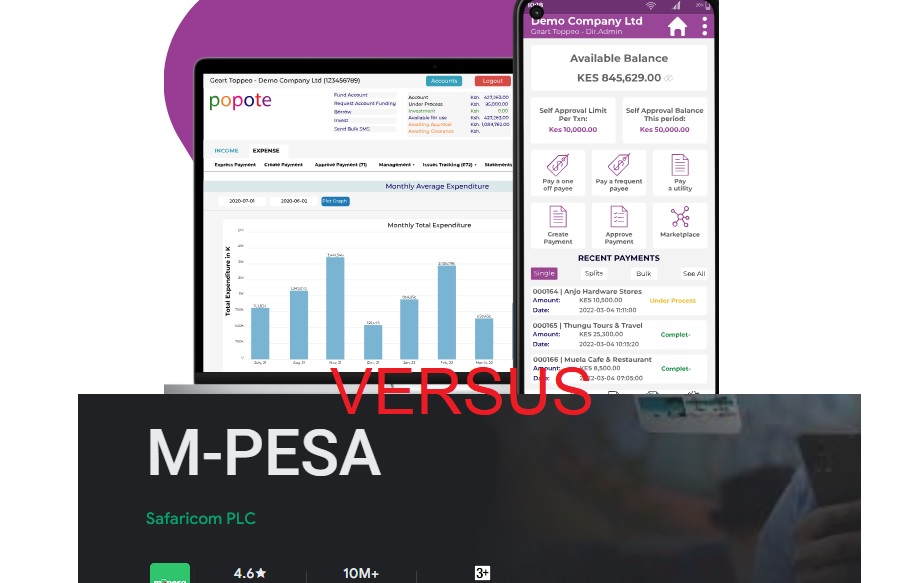On November 11, 2025, the High Court in Nairobi overturned a landmark KES 1.1 billion arbitration award granted to software developer Samuel Wanjohi against M-Pesa and its parent company Safaricom.
The award was given in 2024 by an arbiter. However, Safaricom appealed the decision.
Wanjohi had petitioned the court to arbitrate in a dispute where he claimed Safaricom used his ideas to develop the M-Pesa Super App and M-Pesa Business App.
Through Popote Innovations, Wanjohi had in 2018 proposed a partnership with M-Pesa for a mobile payment solution dubbed ‘Popote Pay’. Popote Innovations and Safaricom would then share revenue from the super app.
However, Safaricom abandoned the partnership and instead went on to develop its own M-Pesa Super App and M-Pesa Business App in 2021 based on the ‘same’ ideas, according to Wanjohi. There was no compensation given.
The arbiter sided with Wanjohi for infringement by Kenya’s most valuable company and awarded the innovator a KES 1.1 billion payout to settle the matter in 2024.
However, Safaricom felt the award was unjust claiming that the company had reimbursed Popote for its development costs under a separate settlement agreement in 2020. This, according to Safaricom, indemnified it from all further obligations.
In the appeal hearing, the High Court ruled that the arbiter was at fault since Wanjohi lacked a signed contract with Safaricom to deserve compensation. The court also defended its ruling saying the arbiter’s decision “offends the principles of contractual certainty, legality, and fairness” and “conflicts with the public policy of Kenya.”
According to the judge, the award was “predicated on an unsigned and inoperative contract” and that the finding of similarity between the apps was “unsupported by expert or factual evidence.”
The court also took issue with the KES 1.1 billion sum, which was based on projected revenue shares, to be “speculative damages” unrelated to the evidence presented.
The Fintech Association of Kenya has faulted the judge’s decision declaring that it is a blow to innovators who have no financial muscle to take on established players in the industry in case of infringements.
“While the court’s formalist finding that no signed contract equals no liability is legally unimpeachable on its own terms, it’s arguably economically myopic, as it fails to address the core asset in dispute: not just an “idea,” but the market opportunity itself. In an economy dominated by a single platform, an incumbent doesn’t need to steal proprietary code; it can simply observe a proven market-fit concept, replicate its function, and then leverage its absolute control over distribution channels and user data to achieve market saturation, effectively rendering the original innovation commercially non-viable,” the Association posted on its social media channels.
The Association claims the case ‘chillingly’ illustrates that the lack of effective modern laws to shield innovators from anti-competitive ‘fast-follower’ practices by dominant players leaves them at a loss.
Consequently, the dominant players can continue copying ideas presented to them with legal consequences since the legal system will side with them.
The legal system will, by default, continue to protect the incumbent, forcing innovators to bear an almost impossible legal burden before a single line of code is even written.
~ Fintech Association of Kenya
Wanjohi and his company, Popote Innovations are yet to state whether they will appeal the High Court’s decision.




